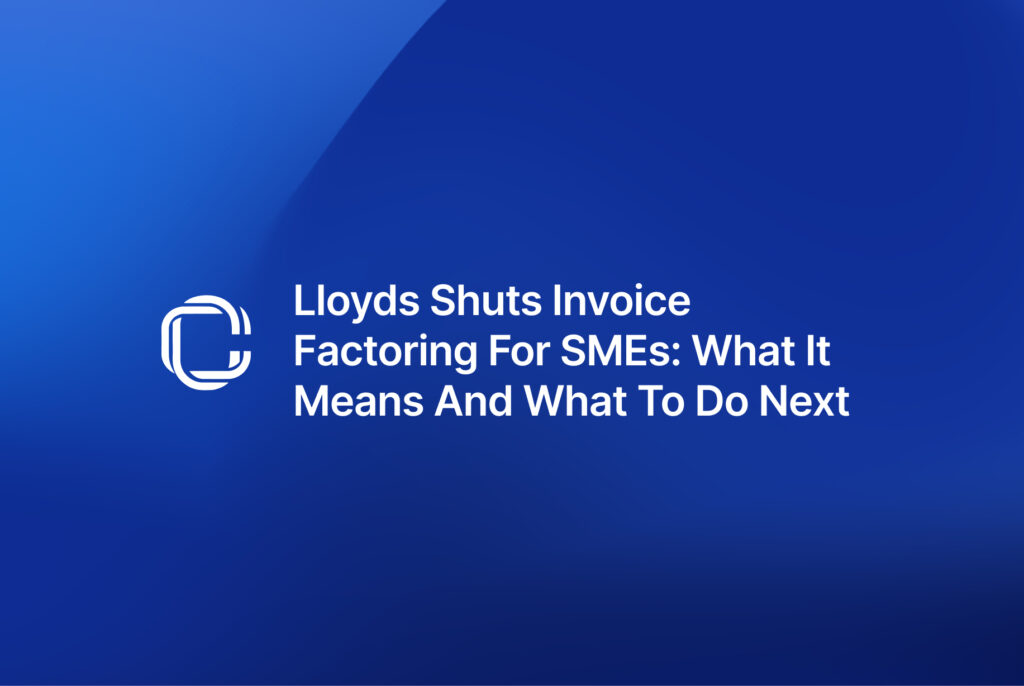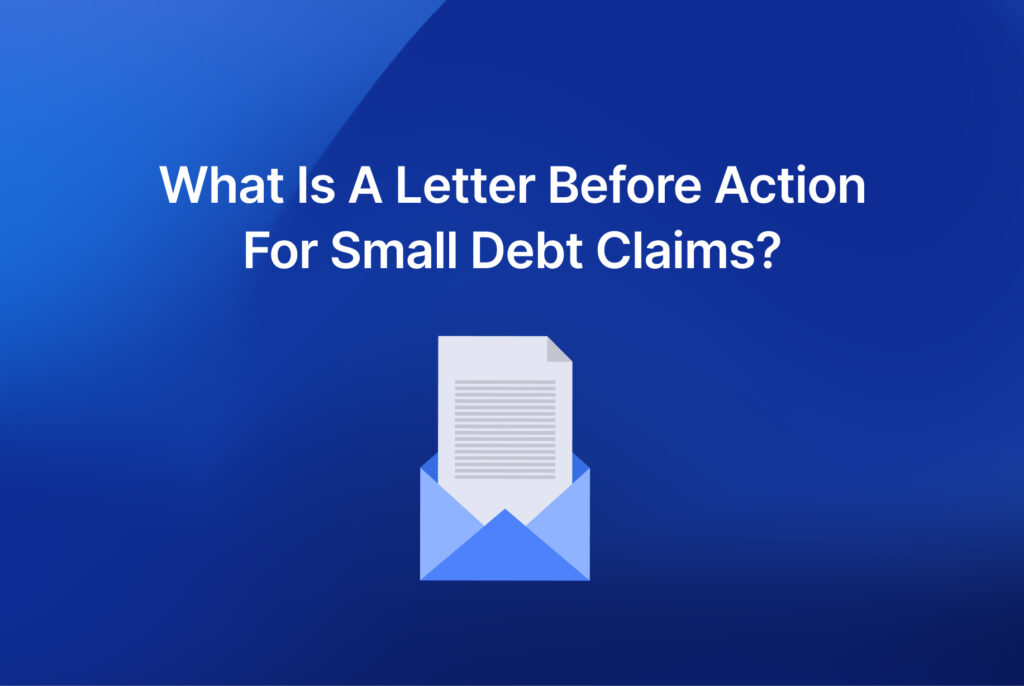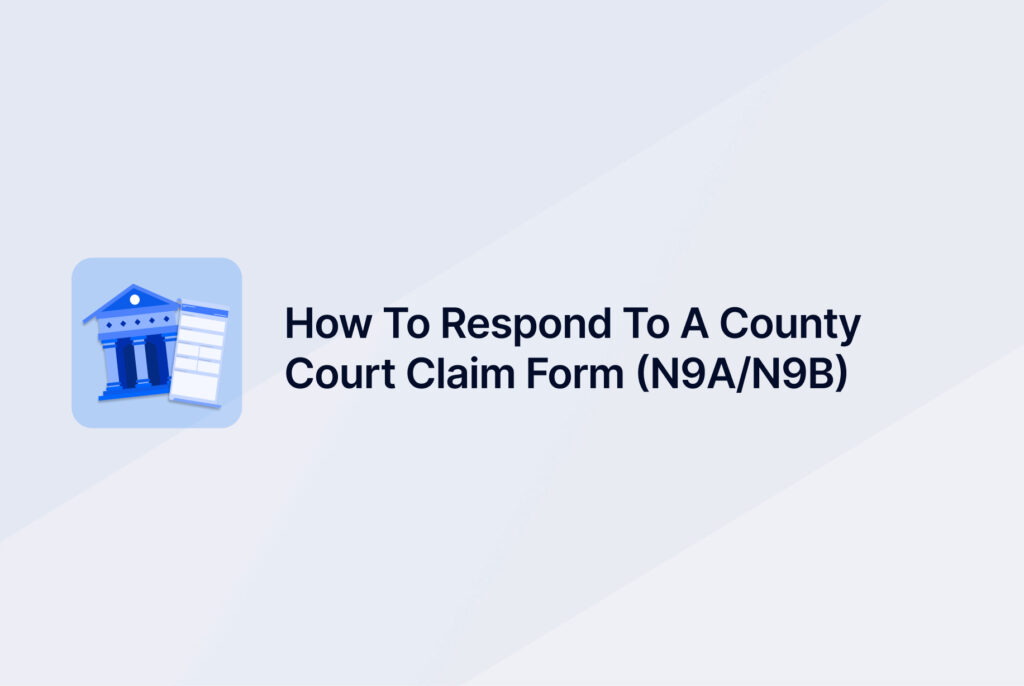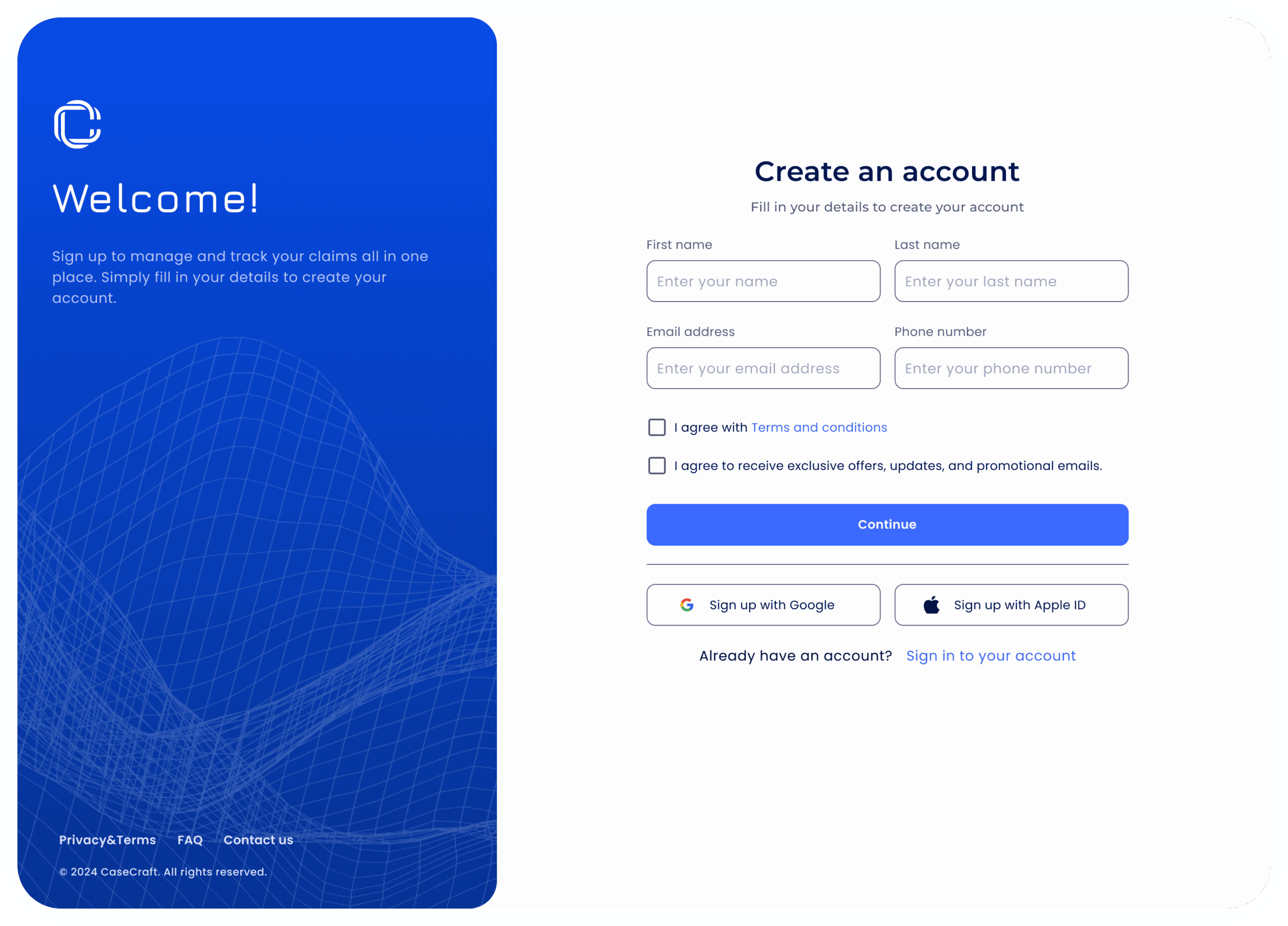Master the art of professionalism with invoice etiquette to ensure timely payments and clear communication with CaseCraft.AI.
Late payments remain one of the more annoying things for small business owners and freelancers alike. It impacts cash flow, takes away time and energy, and can cause awkward moments around your business image. For what it’s worth, people should be constantly reminded that pursuing late payments does not have to be a showdown. In fact, you can isolate the concepts of clarity, courtesy, and confidence to avoid damaging your bottom line or hurting your reputation.

In this article, we will look into the industry standards of ‘professional invoice etiquette’, which will cover: when you should follow up late payments, how you should do it, what to say to your customer, and when you have to escalate your late payment situation while still being polite and professional.
Why Following the Professional Invoice Etiquette is Important
For small businesses and self-employed professionals, unpaid invoices can sometimes be more than just poor etiquette; it’s also a matter of operations. That single late payment may just delay your payment, but it may also delay your payments to suppliers or even require you to borrow money for the amount that you have been missing out on.

The hesitation business owners have in pursuing their late invoice is that they may ruin their working relationship. That is why there is a role for invoice etiquette: it can afford you professionalism coupled with assertiveness.
When we reach out with respect and organisation, we can:
- Reaffirm our professionalism
- Reduce confusion
- Get paid faster
- Set better business boundaries
When to Contact an Overdue Invoice
Timing is everything. Below are some common guidelines for when you can reach out.
- 1 to 3 Days Before Due Date
It is a good idea to politely remind your client to ensure you are aware of their forgetfulness before the payment deadline.
Example:
“Just a little note to remind you that the invoice for [project/service] is due on [date]. If there is anything I need to do for you to expedite payment, please let me know.”
- 1 to 7 Days After Due Date
Now that we are past the payment deadline, you can follow up with a more direct ask.
“I see that the invoice that was due on [date] is still not paid. Simply checking in to see if there are any issues on your end, please confirm when we can expect payment.”
- 7 to 14 Days Late
At this stage, it’s fair to remind the client of your payment terms and start to demonstrate some heightened sense of urgency to the situation.
“As of today [Date], as indicated on the invoice, it is still unpaid. I would appreciate it if you could confirm the payment status. As indicated in the agreement, we reserve the right to escalate items that go overdue.”
- 15+ Days Late
Now here is when you may want to send a formal letter – this is a broad term that can mean send a ‘Letter Before Action’ if you wish to fight in small claims court.
How to Chase Late Payments Professionally
The rule of thumb is to be consistently polite. Here’s a tone guide on following up with late payments to help you stay in control while remaining friendly:
- Be factual: Stick to the facts of the agreement about due dates and payment terms.
- Use neutral language: Use a non-blaming neutral tone, such as “I noticed”, or “it seems” vs. “you didn’t”, or “you failed”.
- Be transparent: Each follow-up should recall the invoice number, original due date, and payment method.
- Be consistent: Your follow-up letter should be gradually escalating not all at once. This way, the recipient can see you are both reasonable and serious.

Here’s an example of a reasonable, professional follow-up email:
Subject: Friendly Follow Up: Invoice #12345 is now overdue.
Hi [Client Name],
I hope you are doing well. I’m contacting you as a follow-up to Invoice #12345 that was due on [date]. As of today, it is still unpaid.
If there is an issue in processing this payment or if you need a copy of the invoice, please let me know.
If you have processed this payment, please disregard this email. If not, I would appreciate some confirmation regarding when you might make the payment.
All the best,
[Your Name]
Preventing Late Payments in the First Place
It’s more effective to prevent rather than pursue late payments. Below are some techniques that will reduce the chances of being paid late:
- State clear payment terms early: State payment schedules in your proposals, contracts and invoices (e.g. “Payment is to be made within 14 days from the date of invoice”)
- Issue invoices quickly: The sooner you issue invoices, the sooner you will be paid
- Use accounting systems: Program automatic invoice reminders through online services such as Xero, QuickBooks, FreshBooks, etc
- Request deposits or part payments: When completing large jobs, ask for 25–50% in advance, so that you have some cash flow security
- Include expectations for your client onboarding: Clearly state your invoicing processes and escalation processes
What to Do If There Is Still No Payment
If you have politely followed up with the invoice and there still has been no payment in a reasonable amount of time (typically 14–30 days), then you may need to implement your escalation approach.
- Send a Letter Before Action (LBA):
This is a formal notice that signifies the commencement of legal action if the invoice is not paid. It should state:
- The nature of the debt,
- The total amount due,
- A final due date for payment (normally 7 -14 days),
- The legal action you will take (usually a small claim).
- Make a Small Claim:
If the debt is for less than £10,000 in England and Wales, you can claim using a small claims court. This is very simple, and in most cases, you will get payment even before the hearing.
- Use CaseCraft.AI to Make Things Easy for You:
We have a platform that allows you to create a professional ‘Letter Before Action’, categorise your evidence and file a legally compliant small claim without the need for expensive solicitors.
How CaseCraft.AI Can Support You
At CaseCraft.AI, we understand the struggles small businesses face when trying to collect overdue payments.
Our platform will help you with:
- Quickly generating ‘Letters Before Action’.
- Organising and categorising all relevant documents (emails, invoices, messages).
- Creating and submitting a small claim can be done within minutes.
- Tracking the progress, deadlines, and next steps with confidence.

You are in control, no fancy language, no expensive attorneys. Just clarity, direction, and support at every stage.
Final Thoughts
Chasing late payments is a tough side effect of doing business, but it doesn’t have to be uncomfortable or adversarial. With the right approach, using a friendly tone and having a simple follow-up process, you can remain professional and protect your income.
When you have covered all the bases and you still have not received payment, you can escalate. The small claims procedure in the UK is set up for just this kind of situation. With CaseCraft.AI, you will be able to do this simply and confidently.
Get paid what you are owed. Get started with CaseCraft.AI today.
FAQ: Invoice Etiquette
When should you start chasing an overdue invoice?
Send a reminder a few days before the due date, follow up within the first week of lateness, escalate tone after 7–14 days, and consider a formal Letter Before Action once the invoice is more than 15 days overdue.
How do you politely remind a client about an unpaid invoice?
Use a calm, factual tone. Reference the invoice number, due date and amount, ask whether there were any issues processing payment, and request confirmation. Avoid blame and keep communication friendly but firm.
What steps help prevent late payments in the first place?
Set clear payment terms upfront, invoice promptly, use automated reminders, take deposits for larger projects and explain your escalation process during onboarding. Early clarity reduces delays and misunderstandings.
What can you do if a client still won’t pay after reminders?
Issue a Letter Before Action giving a final deadline. If payment is still withheld, file a small claim for debts under £10,000. CaseCraft.AI prepares LBAs, organises evidence and files compliant claims to streamline the process.














